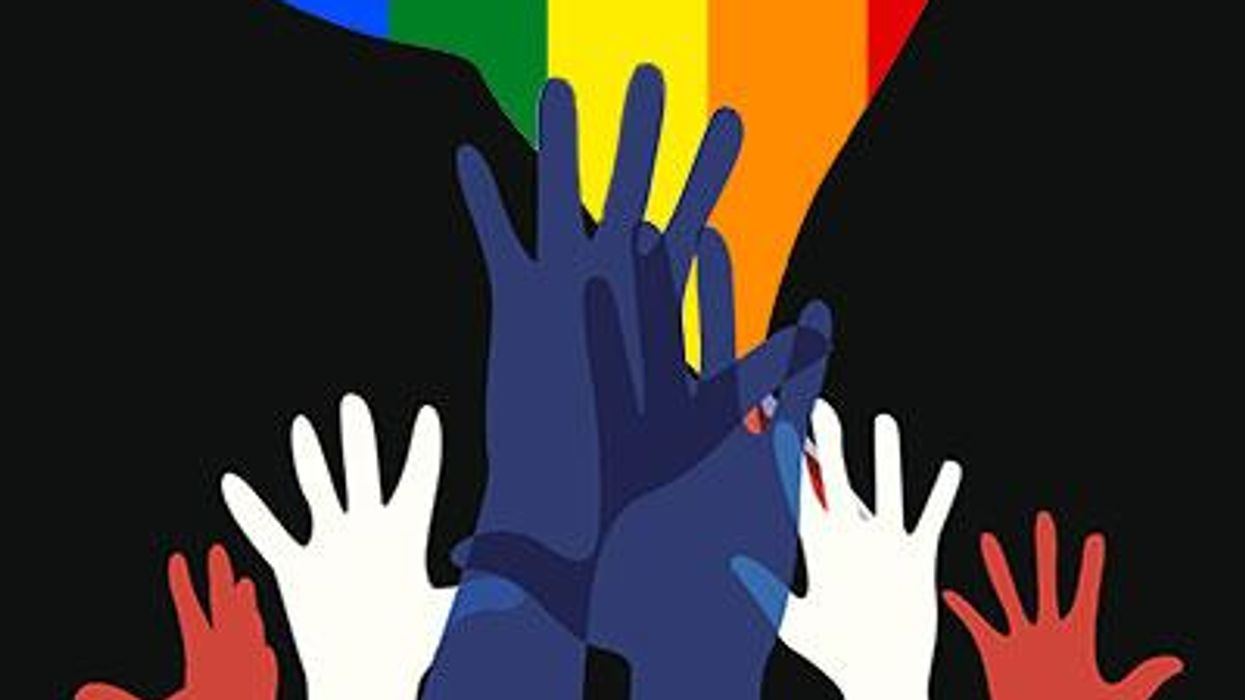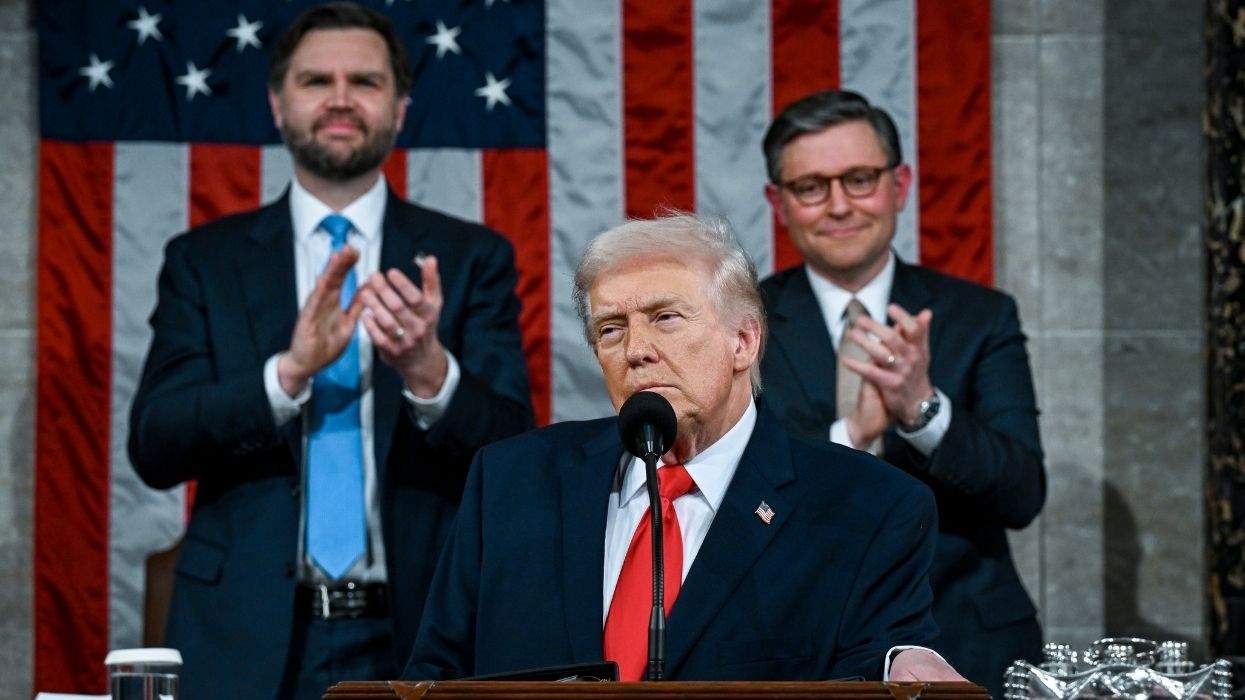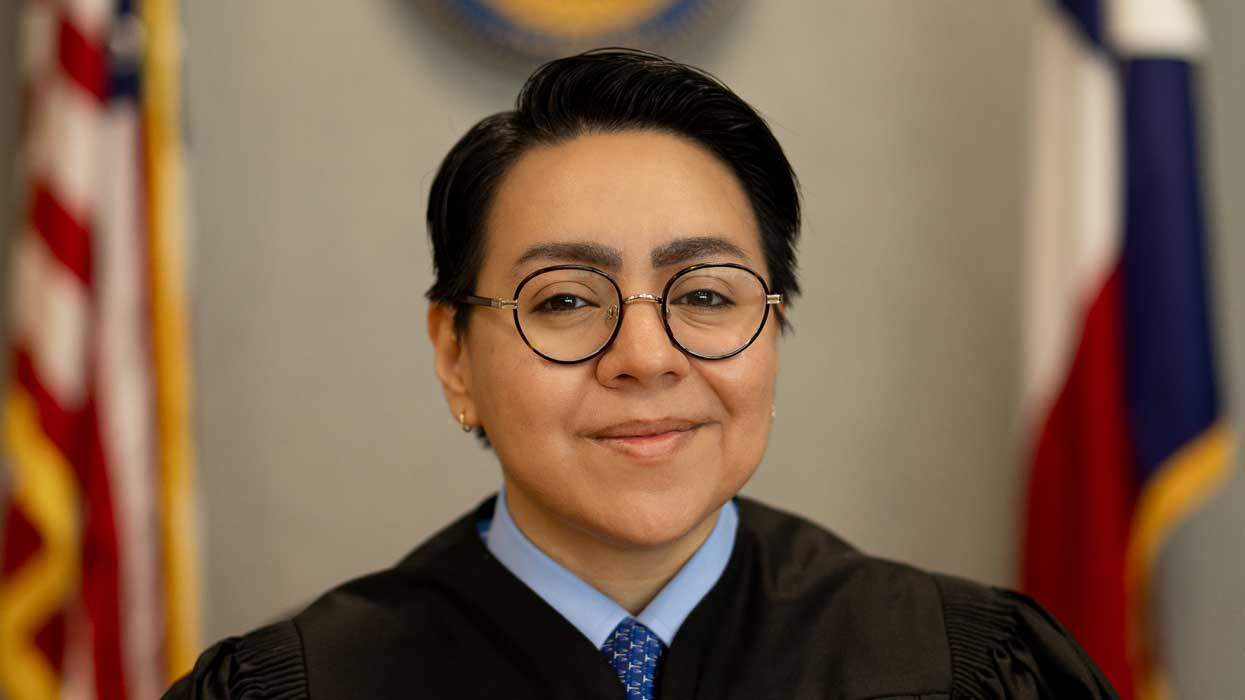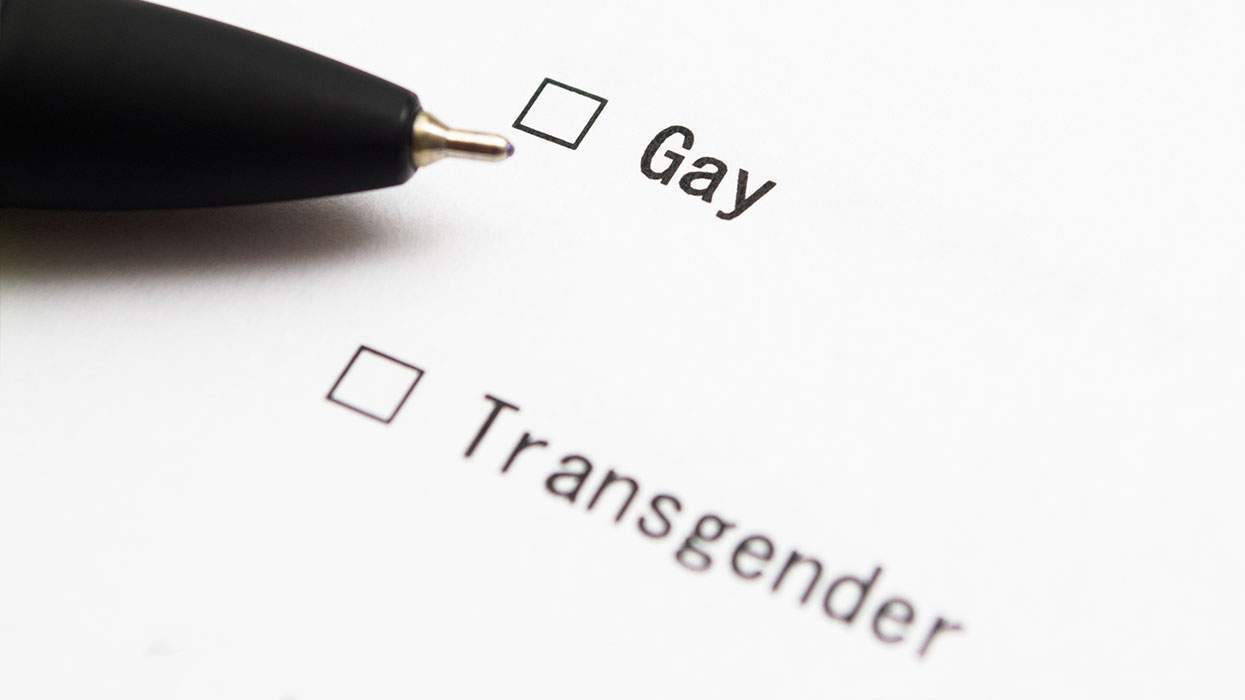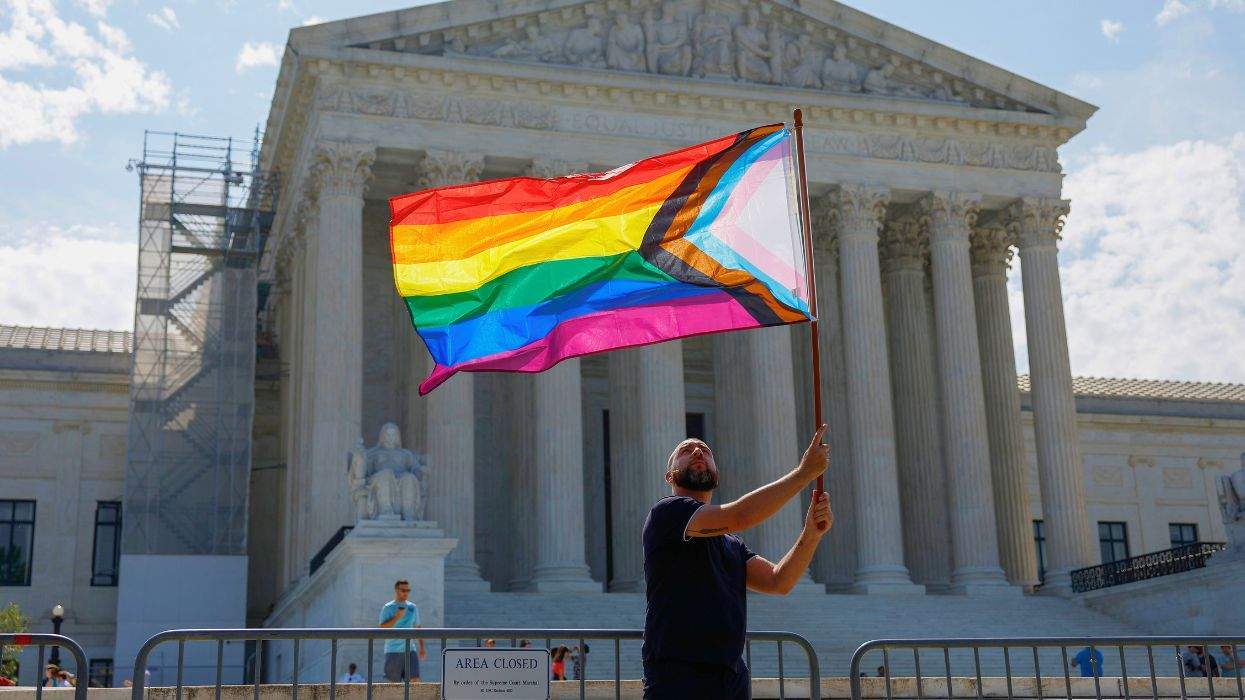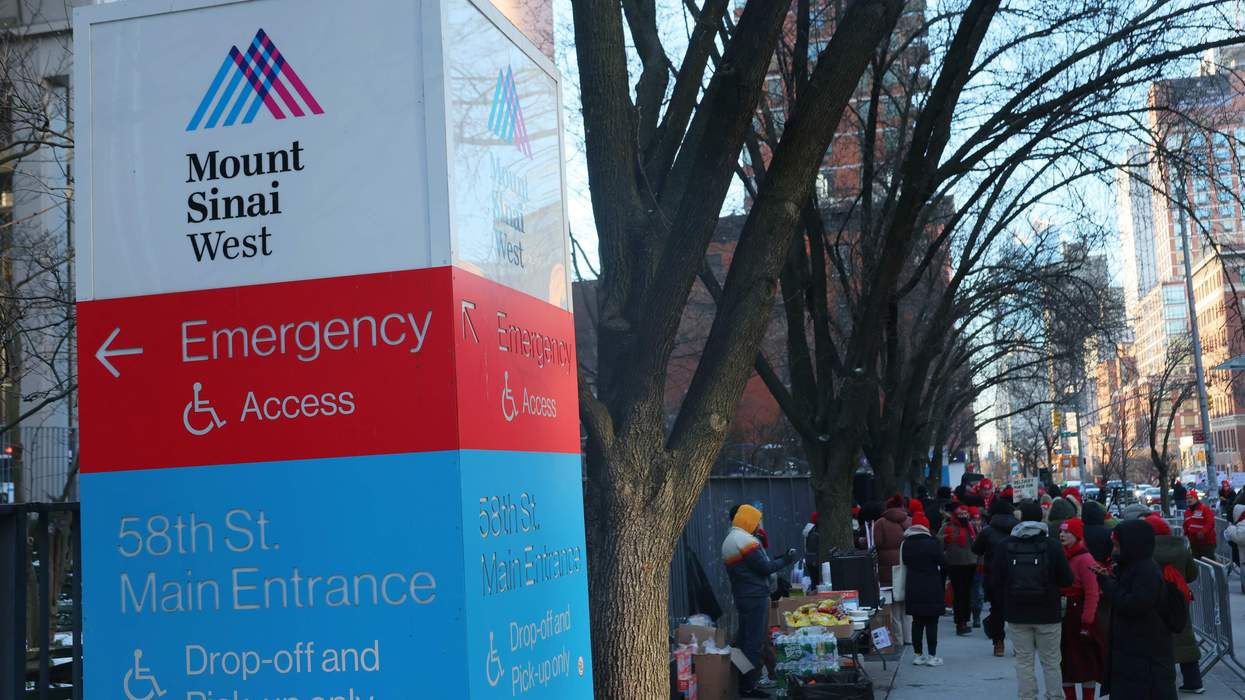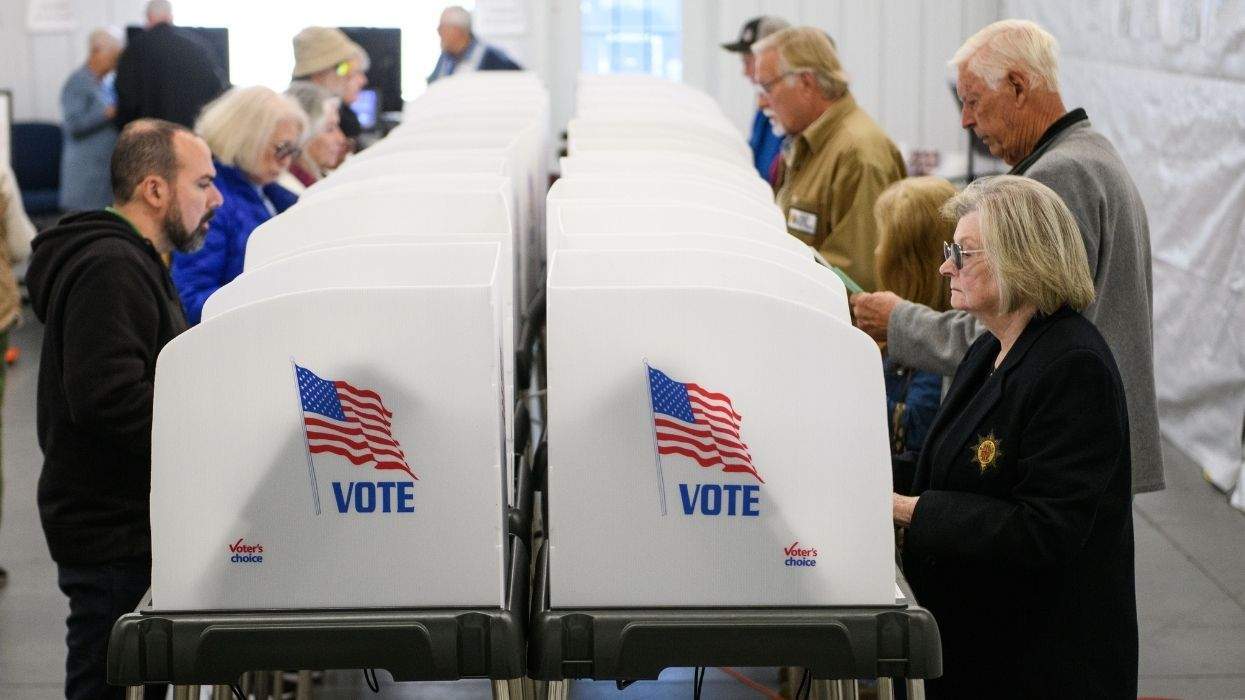Last Tuesday, I cast my first vote as an Illinoisan, despite having moved to Chicago more than three years ago. I hadn't had the opportunity to change my registration from Kentucky and was resigned to sitting this election out. However, the night before, I discovered that Illinois would allow me to register and vote on Election Day, as it is one of only 11 states that allow Election Day registration. It took me two and a half hours from the precinct doors to the voting booth, but casting that ballot made it well worth the wait.
My vote counted this year, but the same cannot be said for countless fellow Americans. They lost that right due to complicated, restrictive voter identification laws passed in the wake of the Supreme Court's decision to strike down key components of the Voting Rights Act. This effectively removed any federal oversight of state laws that have historically disenfranchised minority voters, including LGBT voters.
In response to this decision, Illinois proposed an amendment to our state constitution, banning discrimination in registration and voting based on, income, language, and sexual orientation, and other criteria (though, unfortunately, not gender identity). The amendment had broad bipartisan support in the state legislature, where nary a senator voted against it, and at the ballot box, where it passed by 72 percent. This, on the same night we elected our first Republican governor in 12 years.
We showed the nation that the right to vote is not a partisan issue. But many other states, including North Carolina, Pennsylvania, and most notably, Texas, have continued to enact restrictive voting laws, purportedly to deal with the virtually non-existent issue of voter fraud. In reality, these laws have disenfranchised hundreds of thousands of Americans.
While many have considered how laws have negatively affected various demographics, like African-Americans, Latinos, and millennials, voter disenfranchisement is an LGBT issue, as well. Not only do LGBT people belong to each of these demographics, but we can face unique challenges simply trying to register to vote.
In 2012, an American Civil Liberties Union lawsuit against the Commonwealth of Pennsylvania challenged a voter identification law that effectively disenfranchised thousands of transgender voters because they lacked identification accurately reflecting their gender. That year, the Williams Institute estimated as many as 25,000 trans* voters could be turned away at the ballot box because of voter identification laws.
This year, two separate cases out of Texas show that the fight is only just beginning. That state, which does not recognize same-sex marriages, and has some of the strictest voter identification laws in the nation, requires valid Texas identification in order to register. The Dallas Morning News reported on two lesbian couples who married out of state and had troubles registering to vote as one partner in each couple took the other's last name. Because the state wouldn't recognize their marriage certificates, the women had to pursue a lengthy and costly legal process to obtain accurate identification. Without this arduous hurdle, they would not have been allowed to vote.
Those couples were successful after a long battle, but for the millions of LGBT Americans living in poverty, such costly court proceedings are out of the question. A startlingly high proportion of LGBT people live below the poverty line, and they simply have no financial recourse to address what, aside from being blatant discrimination, becomes a burdensome (and unconstitutional) poll tax. Without the required forms of identification, or the money needed to obtain them, these Americans are effectively disenfranchised, unable to exercise the most basic of civil rights simply because of their sexual orientation and/or gender identity.
All of this comes in a year when our votes have mattered more than ever. Across the country, from Florida to Alaska, anti-equality politicians were elected at the state and federal level, making pivotal legislation like the Employment Non-Discrimination Act seem increasingly unlikely of being enacted anytime soon. At the same time, this election increases the likelihood of more states passing legislation like Mississippi's anti-LGBT law allowing businesses and individuals to legally discriminate against us based on so-called religious freedom.
The stakes are high, and the ballot is the most important weapon we have in the fight for equality. Without full LGBT enfranchisement, we cannot possibly hope to counteract the rash of legislation in state houses around the country that explicitly aims to turn back the gains we've made. Without the vote, we cannot hope to elect lawmakers who will not only vote on federal protections for our community, but confirm the federal judges responsible for making sure they're enforced. Without the ability to freely vote, we cannot hope to continue our long march towards justice.
The right to vote is the most fundamental American right. For more than two centuries, we have fought -- at Bunker Hill, at Bull Run, at Seneca Falls, at Selma -- to ensure that every American could cast her or his ballot. This current spate of legislation, left unchecked thanks to a now-toothless Voting Rights Act, is the greatest threat to American suffrage since the civil rights movement. It is detrimentally effecting Americans of all stripes, and it is the responsibility of all Americans, including LGBT Americans, to continue the struggle of our forebears.
As our fight for marriage equality continues to wind its way through the federal courts, we cannot lose sight of our stake in the oldest fight in this country: the right to stand up and be counted. As we campaign for fairness ordinances and ENDA, we must also campaign for the right of every American to have a say in our collective destiny. We cannot sit idly by, claiming civil rights victories, as our most basic right is being quietly stripped away.
Our votes matter. It's time to fight like they do.
SKYLAR BAKER-JORDAN is a writer and mortgage consultant, and he runs https://the-curious-american.com. Follow him on Twitter at @SkylarJordan.
